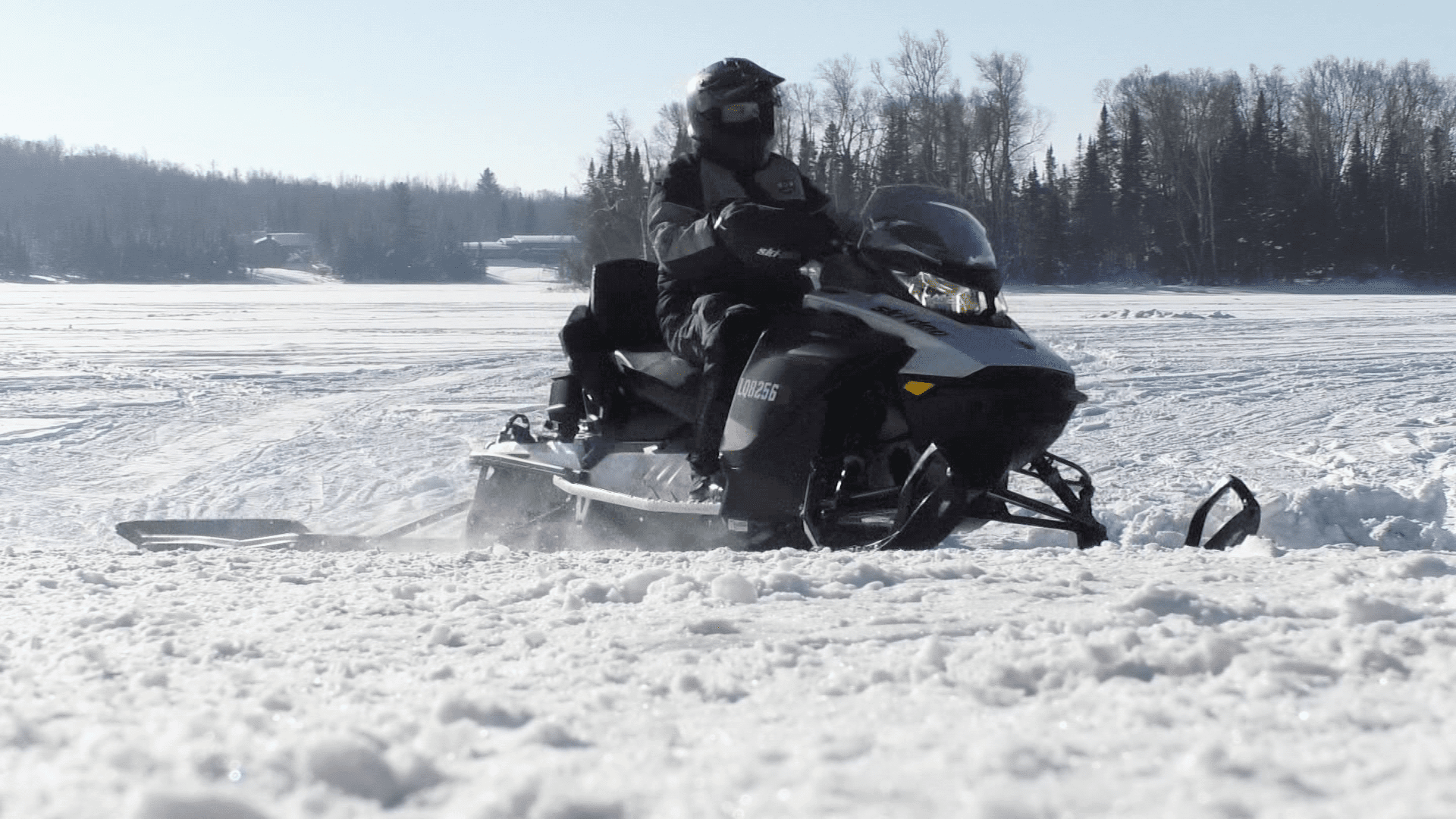Ice thickness on the frozen lakes, what you should and should not do
[anvplayer video=”5156495″ station=”998130″]
Meteorologists, lifeguards, outdoor enthusiasts, and simply those who enjoy observing nature agree that ice is never 100 percent safe. Yes, you can walk and even drive various vehicles on the ice, but that doesn’t mean you can’t drop through even when it’s “safe” thick. So, can ice ever be truly safe? There is no for-certain absolute answer. Especially with weather erratic as this winter season has been in the Northland.
“So initially around this area, we were seeing really good, solid, clear black ice that was forming. I would say most of the lakes around here probably had seven or eight inches. And then when that storm hit, it kind of ruined any chance of the lakes continuing to form that really good ice. So what people are seeing now is when they’re drilling holes they’re probably finding about 17 inches of good ice, along with a couple inches of like white cloudy ice on top of it,” says Emily Manning, Store Manager of Fredenberg Minno-ette.
Even with the warmth we have faced in weather these past couple days in Duluth, the thickness of the ice is still very much in question.
“With the recent storms and all the snow and everything on ice, we’re getting reports that there’s a lot of slush. And obviously the snow build up on that is causing a lot of weight and everything on there. So it is tough to tell. Every lake is different. So just if you are getting out there, try to get reports from other anglers that have been on the ice and just know that no ice is truly safe,” says Bob Mielke Captain of the Duluth Fire Department.
The lower the air temperature and the longer it lasts the thicker layer of ice forms on the water. On a frozen lake and other open bodies of water you can do some summer sports and outdoor activities: snowshoeing instead of hiking, ice fishing instead of fishing, ice skating, and so on. However, precaution and safety remain number one.

Hibanks Resort (WDIO)
“Just be prepared for really any conditions. Remember to speak with other people, it’s good to get a hold of the resorts if you’re going out on the lakes because they’re checking ice conditions and everything and just gathering as much information as you can before you get out there,” finishes Mielke.
Click here to read our previous story on Ice Safety Tips from Cass County Sheriff’s Office: https://www.wdio.com/front-page/top-stories/ice-travel-safety-tips/